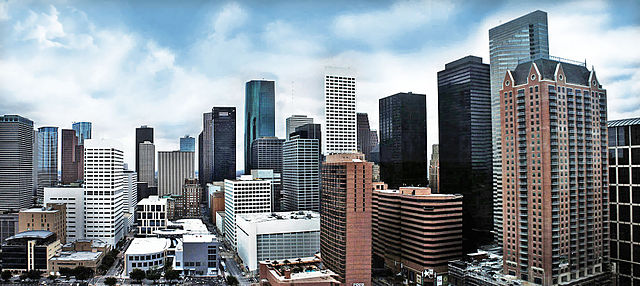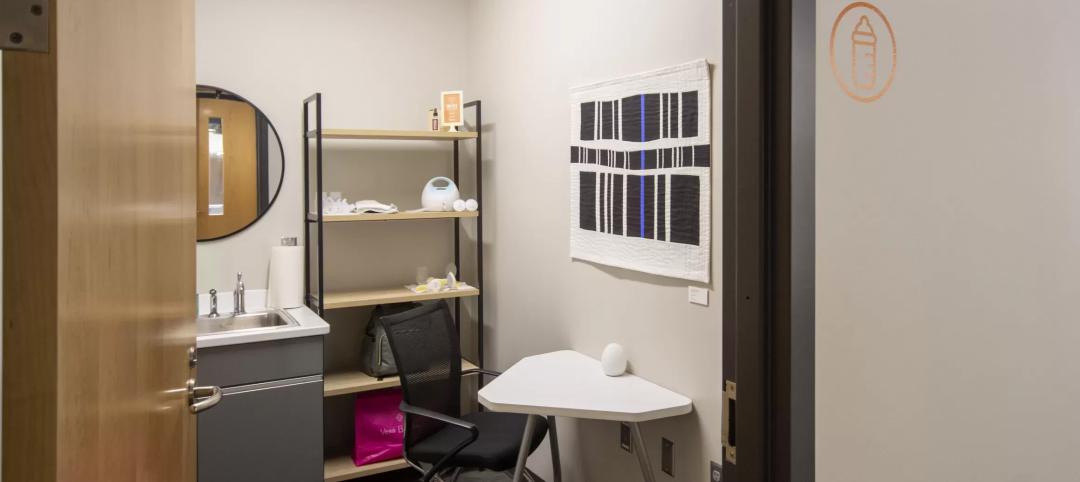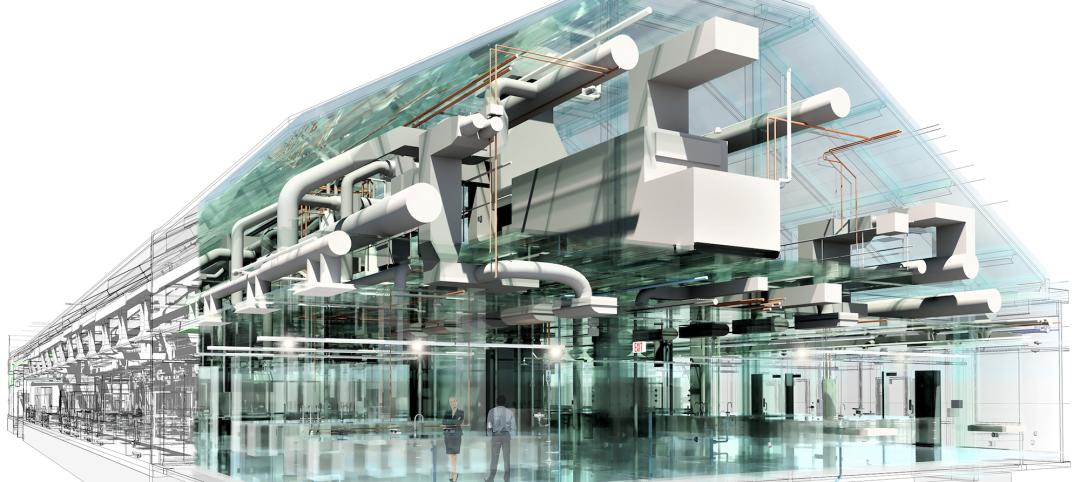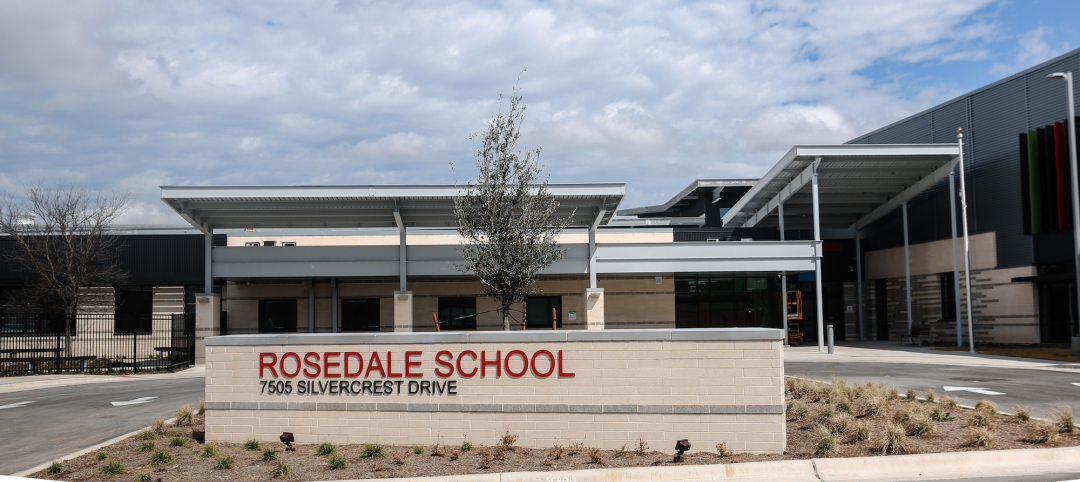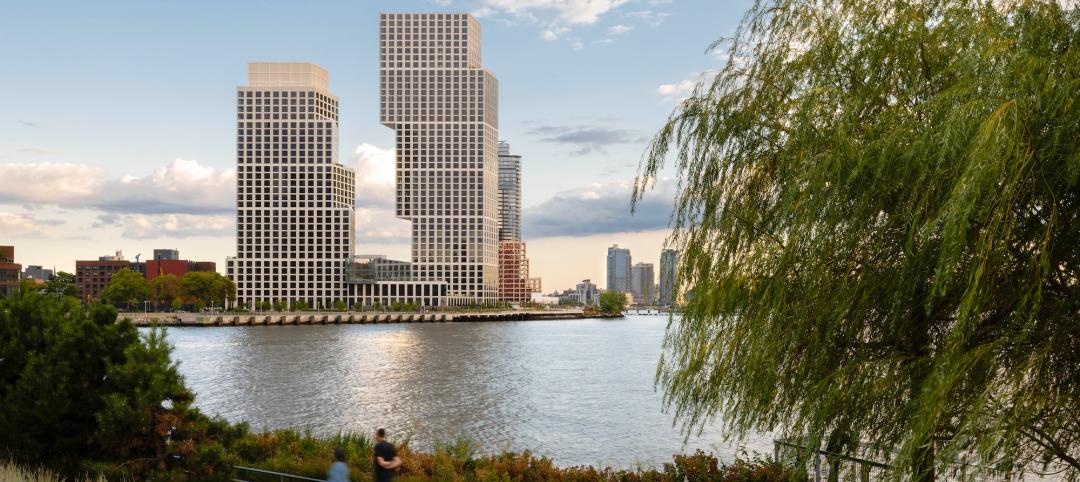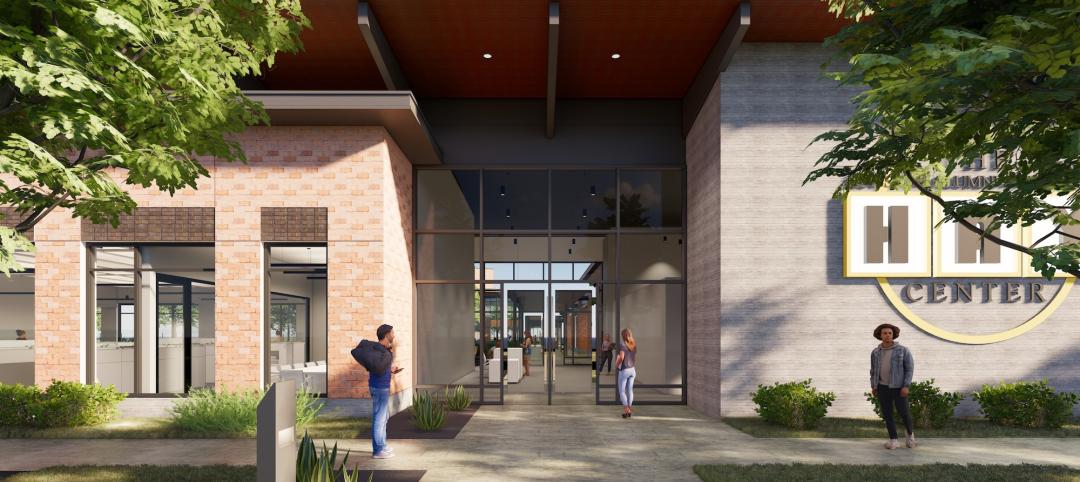Houston CultureMap contributor Barbara Kuntz collected all the project proposals the website covered in 2014 and recapped four daring developments that could alter the cultural landscape in Bayou City:
A New Swimming Hot Spot
In December, three entrepreneurs proposed a natural public swimming pool in Houston, Kuntz reports. Today, the project already has more than 270 backers making pledges on the project’s Kickstarter page. The project is also receiving support from civic leaders and organizations, including the Buffalo Bayou Partnership, the Greater East End District, the city of Houston Sustainability Office, and the Shell Center for Sustainability at Rice University.
Grand Texas: The Lone Star State’s New Entertainment District
Back in 2013, developer Monty Galland announced that the Grand Texas theme park is just a single component of a larger plan that involves 450,000 sf for retail, dining, an RV area, and a 6,000-seat stadium for minor league baseball games. As of last fall, bulldozers have started clearing out space on the site along Highway 59. By 2020, officials expect 4.5 million annual visitors to this theme park district.
Farming in the Astrodome
The Urban Land Institute presented what Kuntz called an “ambitious plan” to repurpose the iconic stadium after Houston voters rejected a $217 million bond to transform it into a special events center. This plan involves constructing an oak-lined promenade from the METRO light rail station to the Astrodome, where the space could be used for functions including a park, sustainable farm, farmer’s market, festivals, and museums. The dome’s top area would include a vieweing area with zip-lining, hike-and-bike trails, and indoor rock climbing.
Memorial Park Long-Range Master Plan
This April, the final design for Houston’s Memorial Park goes before the Houston city council for consideration. The so-called Long-Range Master Plan by Thomas Woltz, principal with Nelson Byrd Woltz Landscape Architects, highlights updates from public input, such as 8.5 miles of mountain bike trails and 17 miles of paved walkways for bikers and pedestrians.
Related Stories
Market Data | Aug 1, 2023
Nonresidential construction spending increases slightly in June
National nonresidential construction spending increased 0.1% in June, according to an Associated Builders and Contractors analysis of data published today by the U.S. Census Bureau. Spending is up 18% over the past 12 months. On a seasonally adjusted annualized basis, nonresidential spending totaled $1.07 trillion in June.
Healthcare Facilities | Aug 1, 2023
Top 10 healthcare design projects for 2023
The HKS-designed Allegheny Health Network Wexford (Pa.) Hospital and Flad Architects' Sarasota Memorial Hospital - Venice (Fla.) highlight 10 projects to win 2023 Healthcare Design Awards from the American Institute of Architects Academy of Architecture for Health.
Office Buildings | Aug 1, 2023
Creating a nurturing environment: The value of a mother’s room in the workplace
Since becoming an architect, Rebecca Martin of Design Collaborative has drawn a mother’s room into numerous projects. But it wasn't until she became a mom that she fully appreciated their importance in the workspace.
Digital Twin | Jul 31, 2023
Creating the foundation for a Digital Twin
Aligning the BIM model with the owner’s asset management system is the crucial first step in creating a Digital Twin. By following these guidelines, organizations can harness the power of Digital Twins to optimize facility management, maintenance planning, and decision-making throughout the building’s lifecycle.
K-12 Schools | Jul 31, 2023
Austin’s new Rosedale School serves students with special needs aged 3 to 22
In Austin, the Rosedale School has opened for students with special needs aged 3 to 22. The new facility features sensory rooms, fully accessible playgrounds and gardens, community meeting spaces, and an on-site clinic. The school serves 100 learners with special needs from across Austin Independent School District (ISD).
MFPRO+ New Projects | Jul 27, 2023
OMA, Beyer Blinder Belle design a pair of sculptural residential towers in Brooklyn
Eagle + West, composed of two sculptural residential towers with complementary shapes, have added 745 rental units to a post-industrial waterfront in Brooklyn, N.Y. Rising from a mixed-use podium on an expansive site, the towers include luxury penthouses on the top floors, numerous market rate rental units, and 30% of units designated for affordable housing.
Affordable Housing | Jul 27, 2023
Houston to soon have 50 new residential units for youth leaving foster care
Houston will soon have 50 new residential units for youth leaving the foster care system and entering adulthood. The Houston Alumni and Youth (HAY) Center has broken ground on its 59,000-sf campus, with completion expected by July 2024. The HAY Center is a nonprofit program of Harris County Resources for Children and Adults and for foster youth ages 14-25 transitioning to adulthood in the Houston community.
Hotel Facilities | Jul 27, 2023
U.S. hotel construction pipeline remains steady with 5,572 projects in the works
The hotel construction pipeline grew incrementally in Q2 2023 as developers and franchise companies push through short-term challenges while envisioning long-term prospects, according to Lodging Econometrics.
Sustainability | Jul 27, 2023
USGBC warns against building energy code preemptions, rollbacks
In a recent editorial, the USGBC cited a growing number of U.S. state legislators who are “aiming to roll back building energy code standards and/or preempt local governments from advancing energy-efficient building codes.”
Resiliency | Jul 27, 2023
'Underground climate change' can damage building foundations, civil infrastructure
A phenomenon known as “underground climate change” can lead to damage of building foundations and civil infrastructure, according to a researcher at Northwestern University. When the ground gets hotter, it can expand and contract, causing foundations to move and sometimes crack.


